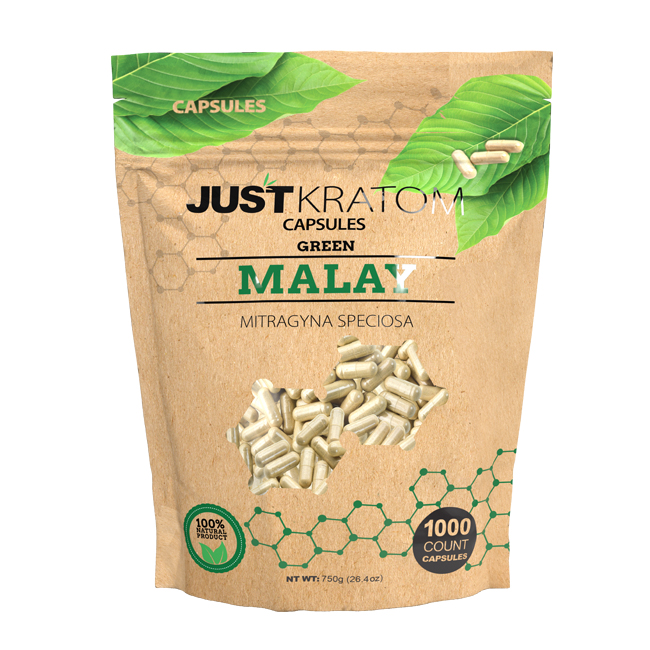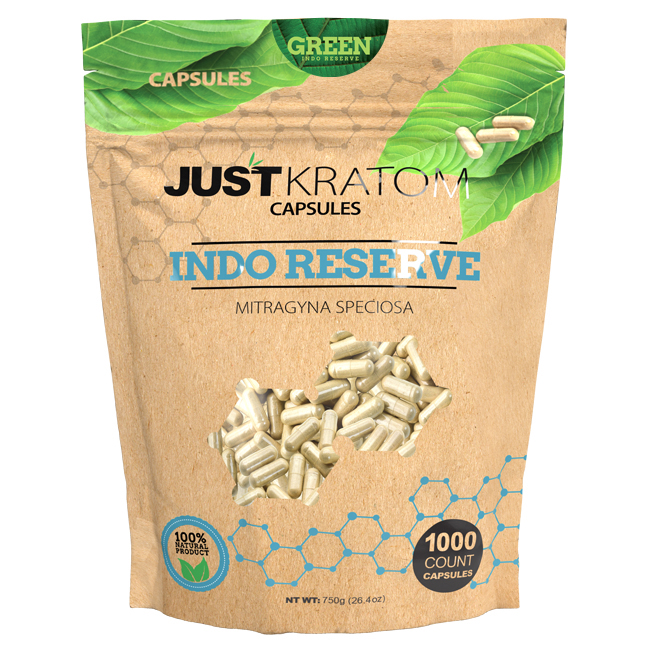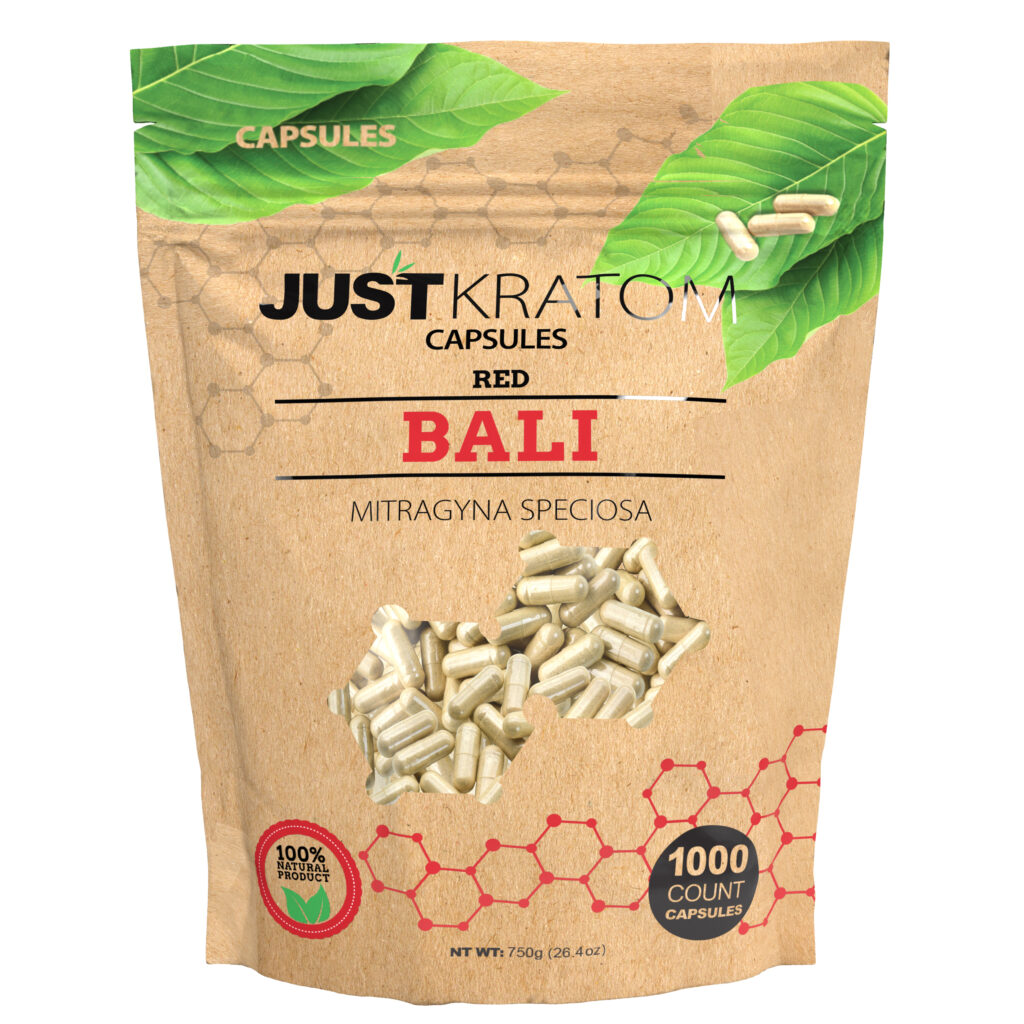Potential Benefits of Kratom for Weight Loss
Kratom, a tropical plant native to Southeast Asia, has gained popularity in recent years for its potential health benefits. Some individuals are exploring kratom as a possible aid in weight loss due to anecdotal reports suggesting it might suppress appetite and increase energy levels.
Appetite Suppression
While there is some preliminary evidence suggesting that kratom might play a role in weight loss, it’s crucial to approach this topic with caution. Kratom contains compounds that could potentially influence appetite and metabolism. However, scientific research on its efficacy for weight loss is limited and often inconclusive.
Some users report experiencing reduced appetite and cravings when using kratom, which may indirectly contribute to calorie restriction and weight management. Additionally, some individuals find that kratom’s energizing effects motivate them to be more physically active.
It’s important to note that these are largely anecdotal observations and require further investigation through well-designed clinical trials.
Moreover, kratom can have various side effects, including nausea, dizziness, and digestive issues, which could potentially hinder weight loss efforts. Additionally, the long-term safety and potential for dependence associated with kratom use remain areas of concern.
Metabolism Boost
Kratom is believed by some to have a positive impact on weight loss due to its potential effects on appetite and metabolism.
- Reduced Appetite: Some users report experiencing a decrease in appetite and cravings when using kratom, which could lead to reduced calorie intake.
- Increased Energy: Kratom is often described as having energizing effects, potentially motivating individuals to engage in more physical activity.
It is important to emphasize that these potential benefits are largely based on anecdotal evidence and require further scientific research to confirm their efficacy and safety for weight loss purposes.
Mechanisms of Action
To understand the potential effects of kratom on weight loss, it’s essential to examine its mechanisms of action. Kratom contains alkaloids that interact with various receptors in the brain and body, influencing processes related to appetite regulation, metabolism, and energy levels.
Opioid Receptors
One key target for kratom alkaloids is the opioid receptor system. These receptors are involved in a wide range of physiological functions, including pain perception, mood regulation, and appetite control. Kratom alkaloids, particularly mitragynine and 7-hydroxymitragynine, bind to mu-opioid receptors, leading to downstream effects that may influence appetite suppression.
The activation of mu-opioid receptors can inhibit the release of neuropeptides like ghrelin, which is often referred to as the “hunger hormone.” Reduced ghrelin levels can contribute to decreased feelings of hunger and potentially lead to reduced food intake. Additionally, opioid receptor stimulation may also influence other neurotransmitters involved in appetite regulation, further contributing to potential appetite-suppressing effects.
Alpha-2 Agonist Effects
Kratom alkaloids, specifically mitragynine and 7-hydroxymitragynine, have been shown to bind to mu-opioid receptors. This binding can lead to a cascade of effects that influence appetite regulation.

One significant effect is the inhibition of ghrelin release. Ghrelin is a neuropeptide often referred to as the “hunger hormone” because it stimulates appetite. By reducing ghrelin levels, kratom may contribute to a decreased feeling of hunger and potentially lower food intake.
Furthermore, mu-opioid receptor stimulation can influence other neurotransmitters involved in appetite control. This complex interplay between neurochemicals contributes to the potential appetite-suppressing effects observed with kratom use.
Studies and Research
Studies on the impact of kratom on weight loss are ongoing and have produced mixed results. While some individuals report experiencing weight loss while using kratom, scientific research supporting these claims is limited.
Limited Human Evidence
Kratom’s potential for weight loss stems from its possible effects on appetite and metabolism. Some users report decreased appetite and increased energy when using kratom, which could contribute to calorie restriction and physical activity.
- Reduced Appetite: Anecdotal reports suggest that kratom may suppress appetite, potentially leading to reduced calorie intake.
- Increased Energy: Kratom’s energizing effects might motivate individuals to engage in more physical activity.
However, it is crucial to emphasize that these potential benefits are largely based on anecdotal evidence and require further scientific investigation. More rigorous research is needed to determine the true efficacy and safety of kratom for weight management.

Animal Studies
Kratom has gained attention as a potential aid in weight loss due to anecdotal reports suggesting it might suppress appetite and increase energy levels.
- Reduced Appetite: Some users report experiencing a decrease in appetite and cravings when using kratom, which could lead to reduced calorie intake.
- Increased Energy: Kratom is often described as having energizing effects, potentially motivating individuals to engage in more physical activity.
While these observations are intriguing, it’s important to note that scientific research on kratom’s efficacy for weight loss is limited and often inconclusive.
Kratom contains alkaloids that interact with various receptors in the brain and body, influencing processes related to appetite regulation, metabolism, and energy levels. One key target is the opioid receptor system. Kratom alkaloids, particularly mitragynine and 7-hydroxymitragynine, bind to mu-opioid receptors, leading to downstream effects that may influence appetite suppression.
The activation of mu-opioid receptors can inhibit the release of neuropeptides like ghrelin, which is often referred to as the “hunger hormone.” Reduced ghrelin levels can contribute to decreased feelings of hunger and potentially lead to reduced food intake. Additionally, opioid receptor stimulation may also influence other neurotransmitters involved in appetite regulation, further contributing to potential appetite-suppressing effects.
Studies on the impact of kratom on weight loss are ongoing and have produced mixed results. More rigorous research is needed to determine the true efficacy and safety of kratom for weight management.
Risks and Side Effects
Kratom’s potential role in weight loss is a topic of growing interest, but it’s crucial to approach this subject with caution. While some individuals report experiencing weight loss while using kratom, scientific evidence supporting these claims remains limited and inconclusive. Kratom contains compounds that could potentially influence appetite and metabolism, leading to some users reporting reduced appetite and increased energy levels, which might indirectly contribute to weight management.
Tolerance and Addiction Potential
Kratom’s potential for weight loss is a topic of much discussion, but it’s crucial to approach it with caution. While some individuals report experiencing weight loss while using kratom, scientific evidence supporting these claims is limited and inconclusive. Kratom contains compounds that could potentially influence appetite and metabolism, leading to some users reporting reduced appetite and increased energy levels, which might indirectly contribute to weight management.
However, kratom can have various side effects, including nausea, dizziness, and digestive issues, which could potentially hinder weight loss efforts. Additionally, the long-term safety and potential for dependence associated with kratom use remain areas of concern. More rigorous research is needed to determine the true efficacy and safety of kratom for weight management.
Regarding tolerance and addiction potential, kratom can lead to tolerance development with continued use. This means that individuals may need to increase their dosage over time to achieve the same effects. Kratom also has a risk of addiction, although the extent is not fully understood. The addictive potential is thought to be related to its interaction with opioid receptors in the brain.

Gastrointestinal Issues
While kratom shows promise as a potential appetite suppressant, it’s important to acknowledge the risks associated with its use.
One significant concern is the potential for gastrointestinal issues. Kratom can cause nausea, diarrhea, and stomach cramps in some individuals.
These digestive problems can interfere with weight loss efforts by reducing food intake or causing discomfort that discourages eating healthy foods.
Drug Interactions
Kratom’s potential for weight loss is a topic of much discussion, but it’s crucial to approach it with caution. While some individuals report experiencing weight loss while using kratom, scientific evidence supporting these claims is limited and inconclusive. Kratom contains compounds that could potentially influence appetite and metabolism, leading to some users reporting reduced appetite and increased energy levels, which might indirectly contribute to weight management.
However, kratom can have various side effects, including nausea, dizziness, and digestive issues, which could potentially hinder weight loss efforts. Additionally, the long-term safety and potential for dependence associated with kratom use remain areas of concern. More rigorous research is needed to determine the true efficacy and safety of kratom for weight management.
Regarding tolerance and addiction potential, kratom can lead to tolerance development with continued use. This means that individuals may need to increase their dosage over time to achieve the same effects. Kratom also has a risk of addiction, although the extent is not fully understood. The addictive potential is thought to be related to its interaction with opioid receptors in the brain.
One significant concern is the potential for gastrointestinal issues. Kratom can cause nausea, diarrhea, and stomach cramps in some individuals. These digestive problems can interfere with weight loss efforts by reducing food intake or causing discomfort that discourages eating healthy foods.
Legal Status and Regulations
The legal status of kratom varies widely depending on the location. In some countries, it is completely banned, while in others it is legal but regulated. In the United States, kratom’s legal status is a patchwork, with some states prohibiting it outright and others allowing its sale and use with varying restrictions.
The regulatory landscape surrounding kratom is evolving, with agencies such as the U.S. Food and Drug Administration (FDA) closely monitoring its potential risks and benefits. The FDA has issued warnings about the potential dangers of kratom, citing concerns about its safety profile, including reports of adverse effects and its potential for addiction.
The FDA’s position on kratom is that it should not be used as a dietary supplement or food additive.
Additionally, kratom products are often marketed with claims regarding weight loss, pain relief, and other health benefits, but these claims lack scientific substantiation and may be misleading to consumers.
Due to the uncertainties surrounding its legal status and potential risks, it’s crucial for individuals considering using kratom to thoroughly research its regulations in their specific location and consult with a healthcare professional before using it, particularly if they have underlying medical conditions or are taking medications.
Conclusion
While kratom shows promise as a potential appetite suppressant, it’s important to acknowledge the risks associated with its use.
One significant concern is the potential for gastrointestinal issues. Kratom can cause nausea, diarrhea, and stomach cramps in some individuals. These digestive problems can interfere with weight loss efforts by reducing food intake or causing discomfort that discourages eating healthy foods.
Another crucial consideration is kratom’s legal status and regulatory landscape, which vary significantly across different regions. In some places, it may be entirely banned, while in others, its sale and use are permitted with restrictions. The evolving nature of these regulations adds another layer of complexity to the decision of whether or not to use kratom for weight management.
Considering these factors, it’s essential for individuals exploring kratom as a potential weight loss aid to carefully weigh the potential benefits against the risks and uncertainties involved.
Just Kratom Kratom capsules for daily focus
- Why Ghosting Is More Harmful Than You Realize - June 2, 2025
- Which Lasts Longer, Botox Or Fillers? - June 2, 2025
- Thc Infused Seltzers In Minnesota MN - May 31, 2025
